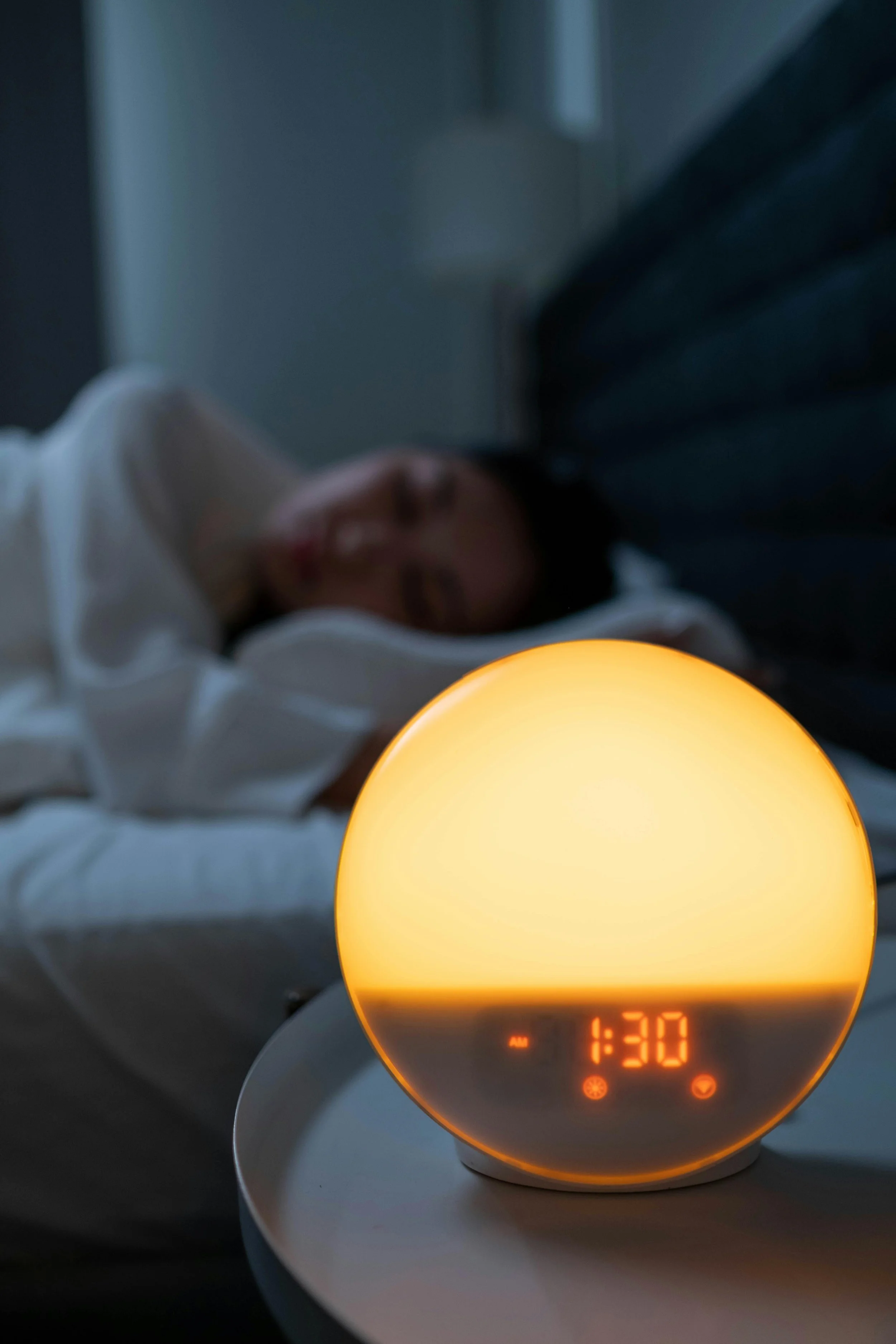Strategies for Managing Anxiety Through Better Sleep Habits
You’re tossing and turning again, mind racing with worries that keep you awake. Sound familiar?
If anxiety is sabotaging your sleep, you’re not alone. But did you know that improving your sleep habits can actually help manage anxiety, too? It’s a two-way street. Let’s dive into simple strategies to upgrade your sleep game and give those anxious thoughts the boot. From optimizing your sleep environment to cultivating better pre-bed routines, get ready to snooze like a pro and wake up feeling refreshed and in control.
How Sleep and Anxiety Are Connected
There’s a close relationship between sleep and anxiety that can create a vicious cycle. Poor sleep can increase anxiety levels, while high anxiety can make it harder to fall and stay asleep. This bidirectional link means that addressing one issue often requires improving the other.
When you don’t get enough quality sleep, it takes a toll on your mental and physical health. Lack of sleep can cause irritability, difficulty concentrating, and impaired cognitive function, all of which can worsen feelings of anxiety or make anxious thoughts harder to control.
On the flip side, anxiety is one of the most common causes of insomnia. Persistent worries, racing thoughts, and physical tension can all make it very difficult to relax and fall asleep at night. Anxiety can also lead to nighttime awakenings and poor sleep quality.
The good news is that by implementing healthy sleep habits, you can often break this cyclical pattern of sleep issues fueling anxiety and anxiety disrupting sleep. Improving sleep is key to managing anxiety levels and feeling more balanced overall.
Sleep Hygiene Tips to Reduce Anxiety
Prioritize a Consistent Sleep Routine
Establishing a consistent sleep schedule is crucial for optimal sleep quality. By maintaining regular sleep and wake times, even on weekends, you help regulate your body’s internal clock. This consistency reinforces healthy sleep patterns.
Optimize Your Sleep Environment
Create a cool, dark, and quiet bedroom conducive to restful sleep. Use blackout curtains, a sound machine, or earplugs to minimize disruptive light and noise. Keep the temperature slightly cooler for ideal sleeping conditions.
Limit Screen Time Before Bed
The blue light emitted from electronic devices like phones, tablets, and TVs can suppress melatonin production and make it harder to fall asleep. Establish a device curfew an hour or two before bedtime to allow your mind to unwind.
Practice Relaxation Techniques
Engaging in calming activities, like deep breathing exercises, light yoga, or meditation, can ease anxiety and prepare your body for sleep. Find what works best for quieting your mind before bed.
Avoid Stimulants Close to Bedtime
Consuming caffeine, nicotine, or alcohol too close to bedtime can interfere with sleep quality. For optimal rest, limit intake several hours before your scheduled sleep time.
Relaxation Techniques Before Bed for Less Anxiety
Progressive Muscle Relaxation
Starting at your toes, tense the muscles as you inhale, then relax as you exhale while mentally releasing any stress. Move slowly up through your body, contracting and relaxing each muscle group. This trains your mind to recognize what tension feels like.
Visualization
Picture a calm, serene scene that makes you feel at peace, like a quiet meadow or beach. Engage all your senses as you immerse yourself fully in this relaxing refuge. Let any anxious thoughts drift away as you sink deeper into the visualization.
Mindfulness Meditation
Sit or lie comfortably, bringing awareness to the present moment without judgment of your thoughts. When your mind wanders, gently guide it back to focusing on breathing. Even 5-10 minutes can leave you feeling more grounded.
Anxiety can be a real beast, but you’ve got this. Prioritize those sleep habits—they’re a powerful tool in your arsenal. Stick to the routine, even when it’s tough. Would you be interested in learning about further strategies from anxiety therapy? Book a consultation with us today.
